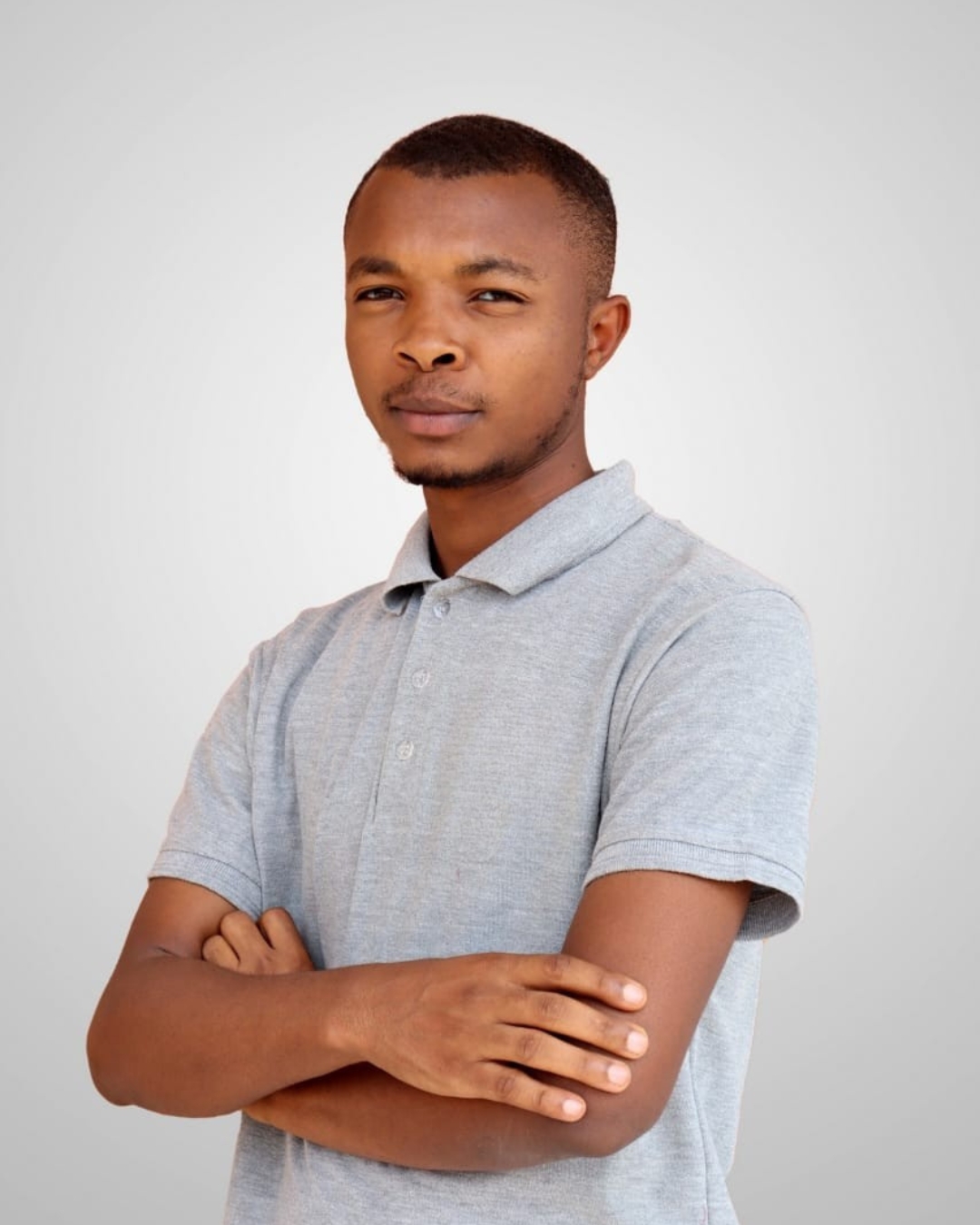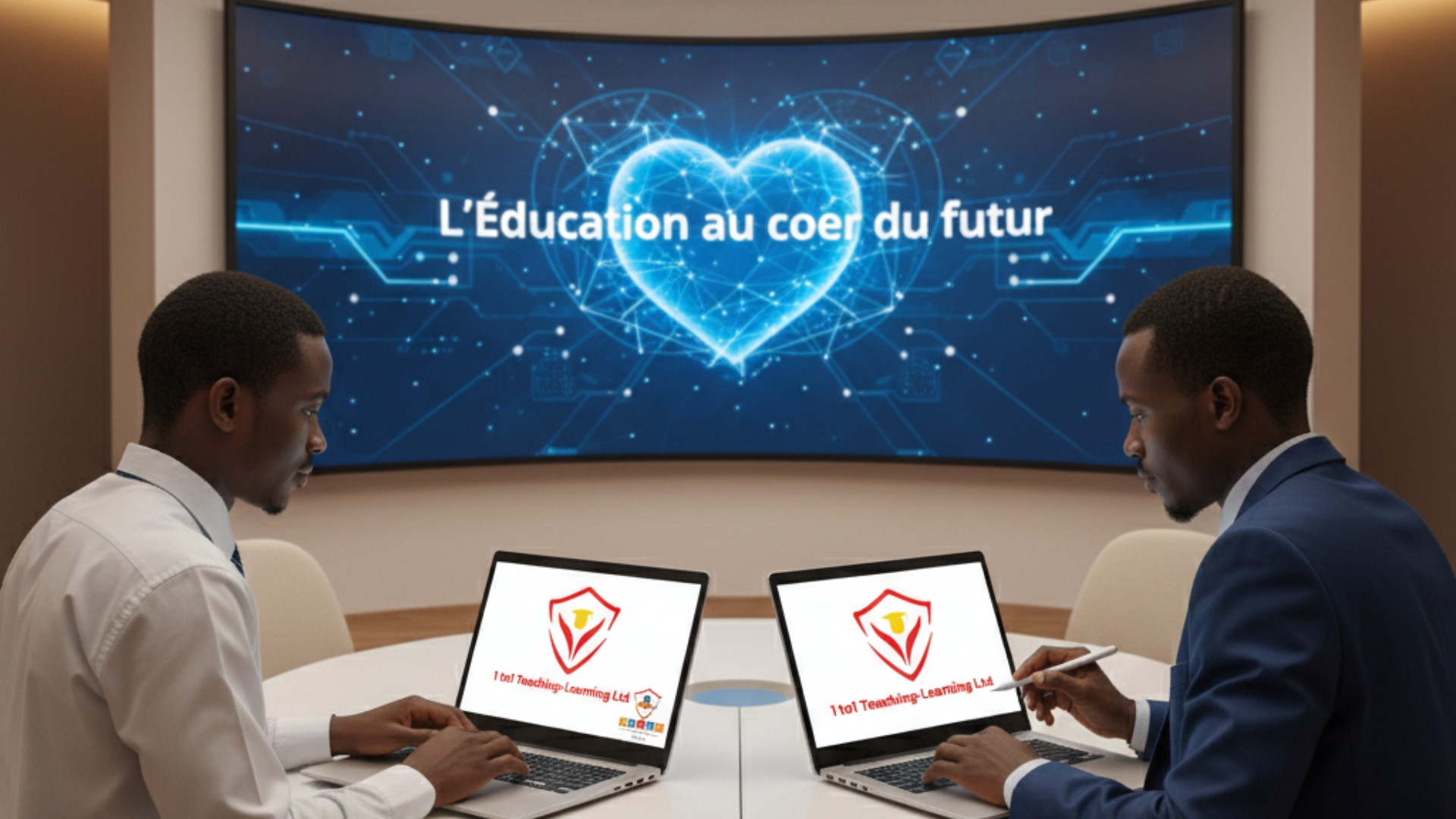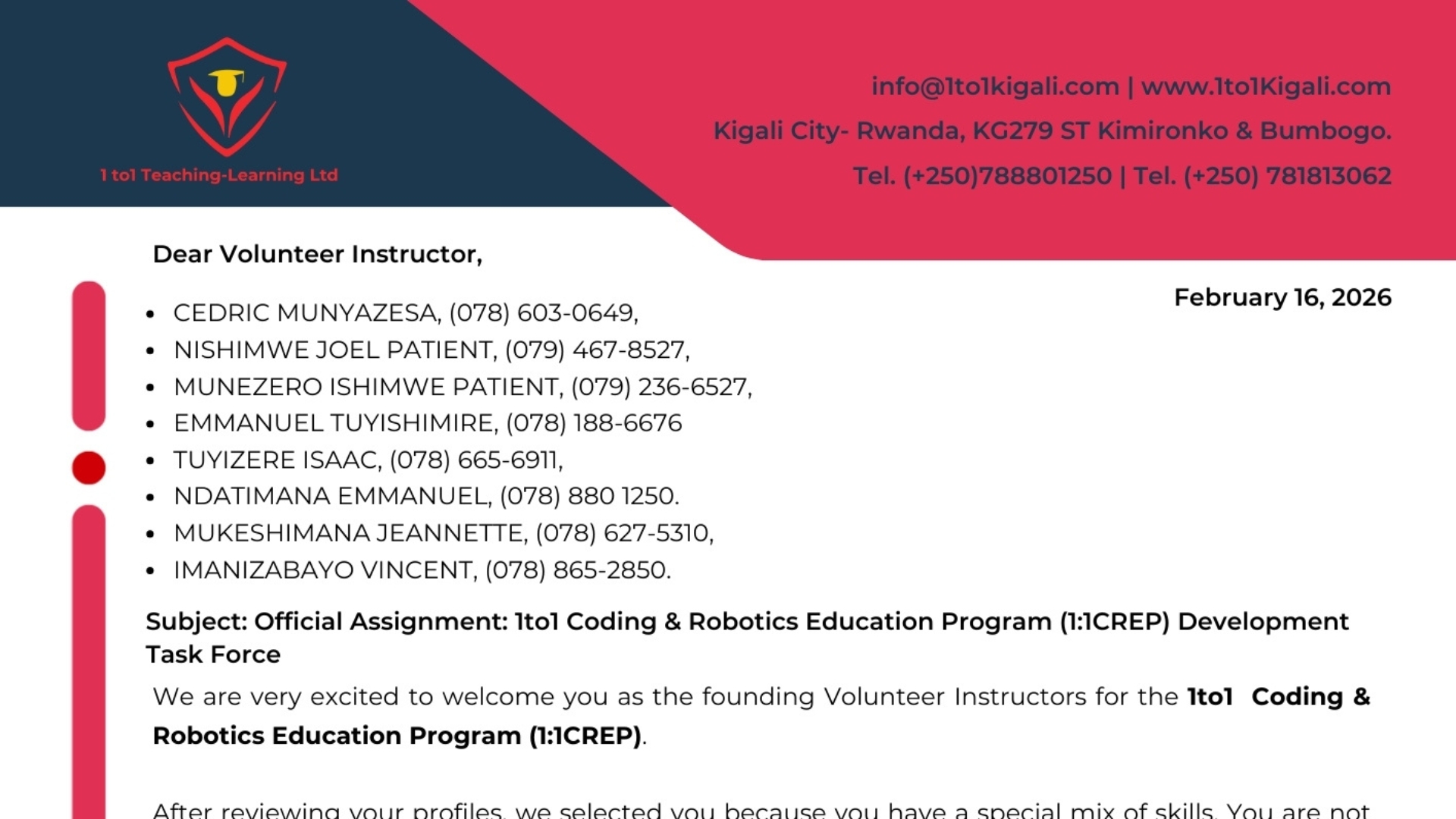NEW YORK, 23 September 2025 – At the UN General Assembly’s 80th session, African ministers and global education leaders presented a united front on reshaping how foundational learning is financed. Against the backdrop of shrinking aid budgets and rising debt burdens, the side event titled “Disrupt to Deliver: Financing the Future of Foundational Learning” signaled a decisive move toward African-led, evidence-based solutions.
A Solvable Crisis in Urgent Times
Speakers underscored the scale of the challenge: 89% of African children are unable to read or solve basic maths by age ten. Cuts to foreign aid are worsening the situation, with USAID suspending 153 education programs across sub-Saharan Africa, including major losses in Ethiopia ($33 million), Rwanda ($35 million), and the DRC ($51 million).
Yet leaders described the crisis as solvable within two to four years if countries scale proven interventions. Models from India and cost analyses showing returns as high as 30:1 on literacy programs were held up as examples.
Leadership and Ownership
Rather than waiting for aid to rebound, African Union initiatives such as End Learning Poverty for All in Africa (ELPAf) and the Continental Education Strategy for Africa (CESA) are steering a shift from dependency to ownership.
Senegal’s Education Minister, Moustapha Mamba Guirassy, framed the moment as a turning point:
“The collapse of USAID presented us with an opportunity… We see this as our responsibility.”
Albert Nsengiyumva of ADEA echoed the call for efficiency:
“The time for inefficient spending has ended. Every dollar must demonstrably improve children’s ability to read and calculate.”
Evidence, Efficiency, and Returns
Leaders stressed that financing must deliver measurable results, not just larger budgets. A $6-per-student investment in teacher training and learning materials can significantly improve literacy and numeracy. Zambia’s Catch-up/TaRL program, which reaches a million children yearly, has already delivered a 20–25% boost in outcomes.
Dr. Obiageli Ezeikwesi of Human Capital Africa summed it up:
“Governments and donors must measure impact by learning results, not dollars spent.”
New Financing Models
Countries are modernizing domestic revenue systems, tapping African philanthropy, and calling on international partners to shift from aid to catalytic investment. UNICEF’s Pia Britto stressed that donors should focus on scaling high-impact programs within domestic budgets.
What’s Next
Momentum will carry into the ADEA 2025 Triennale in Accra this October, where ministers will review progress and finalize frameworks to end learning poverty within a decade. The underlying message was clear: Africa is setting its own terms for financing education, ensuring children can learn early and thrive later.




